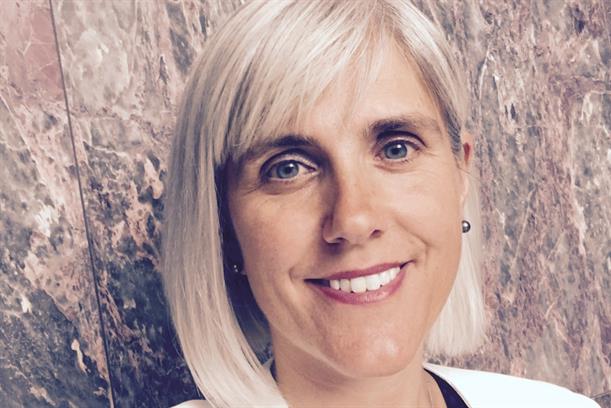Businesses are heavily investing and invested in diversity and inclusion.
No-one wants, nor can afford, to suffer the same PR fallout that has tarnished brands like Uber, Google and the BBC this year. It is a virtuous circle and the brands that take the D&I agenda seriously see a return on investment.
Cindy Gallop pulls no punches when it comes to highlighting the lack of women in creative industries: "If you run any business today with an all white, male leadership team you will never own the future."
Gender stereotyping is sadly still synonymous with the advertising industry. I recently wrote an article here about Dolmio who claimed a shift in focus towards "real-life scenarios," yet trotted out an ad where mum cooks dinner on her own in the kitchen while the men sit playing video games.
It’s hard to believe that Mars, owner of Dolmio, could let this slip through. But then go to the Mars website and, with the exception of one woman, their leadership team is all white and all male.
Having spent most of my 20 years in corporate communications at large blue-chip organisations, I firmly believe that commitment to changing the status quo is there.
Moving from talk to action
Aside from the huge investment that these companies make into retaining and attracting a diverse workforce, we work with clients of all sizes who want to attract the best person for the job and are willing to discuss flexible working in order to do so. They recognise that not discussing flexible work in PR, corporate communications, and marketing means they are cutting themselves off from an enormous pool of talent.
But given the investment, the campaigns and the willingness we find among our clients, why are only 7% of roles in PR and corporate communications advertised with any kind of flexibility? There are reams of posts on LinkedIn and I am sure we all have our own personal anecdotes about the unfair and unprofessional practices of recruiters.
There are usually three or more recruitment firms searching for each role. The hiring manager spreads the net widely in the hope that the recruiters will do the same and have the best chance of finding the perfect candidate. And this is usually a free service, the client only pays the successful recruiter when they place a candidate.
So many recruiters are playing the volume game, where it is race to place someone before the competition. So who do they go for? A candidate who isn’t going to require any difficult conversations with you the client, about job-sharing or leaving at 5pm? Or one who one who will? All too quickly candidates who may be a perfect fit are discounted before their CV even gets to the hiring manager.
And larger companies go one step further, outsourcing HR to a company who then outsources the recruitment element.
We had a situation recently where a client had brought us onboard specifically because we open up the opportunity to a much bigger talent pool, and our client was happy to have the conversation about working flexibly in some way. We went through their outsourced recruiter, proposed two candidates in a job-share arrangement and the outsourced company refused to consider it because they believed that would mean a double headcount, doubling the costs to the client. This is not the case but we were unable to convince them.
So what can be done to fix this model? Because it is most definitely broken.
Look carefully at your hiring processes – because if you don’t you are wasting money on your D&I campaigns.
Look at the way your recruitment team is incentivised, does it drive the right behaviours that align with your company’s D&I agenda?
Tell your recruiters that you are open to a conversation about flexible working for candidates who meet all other aspects of the job. And ask them to show you CVs from candidates who have requested this.
If you outsource HR team or recruitment, don’t assume they understand the flexible working options that exist. It is no longer about working part-time.
Understand what flexible working does to your cost base. Employees who work flexibly almost always deliver more value for the employer. If you are an agency, ask your clients about their approach to flexible working. Too many agencies worry that their clients wont like it. Most do not care as long as you deliver for them.
And for the record, a job share is not a double headcount, nor does it double costs – salary and benefits are all paid pro rata and this way you get twice the brain power solving the same number of problems!
Jane Johnson is managing director of Feel Communications


